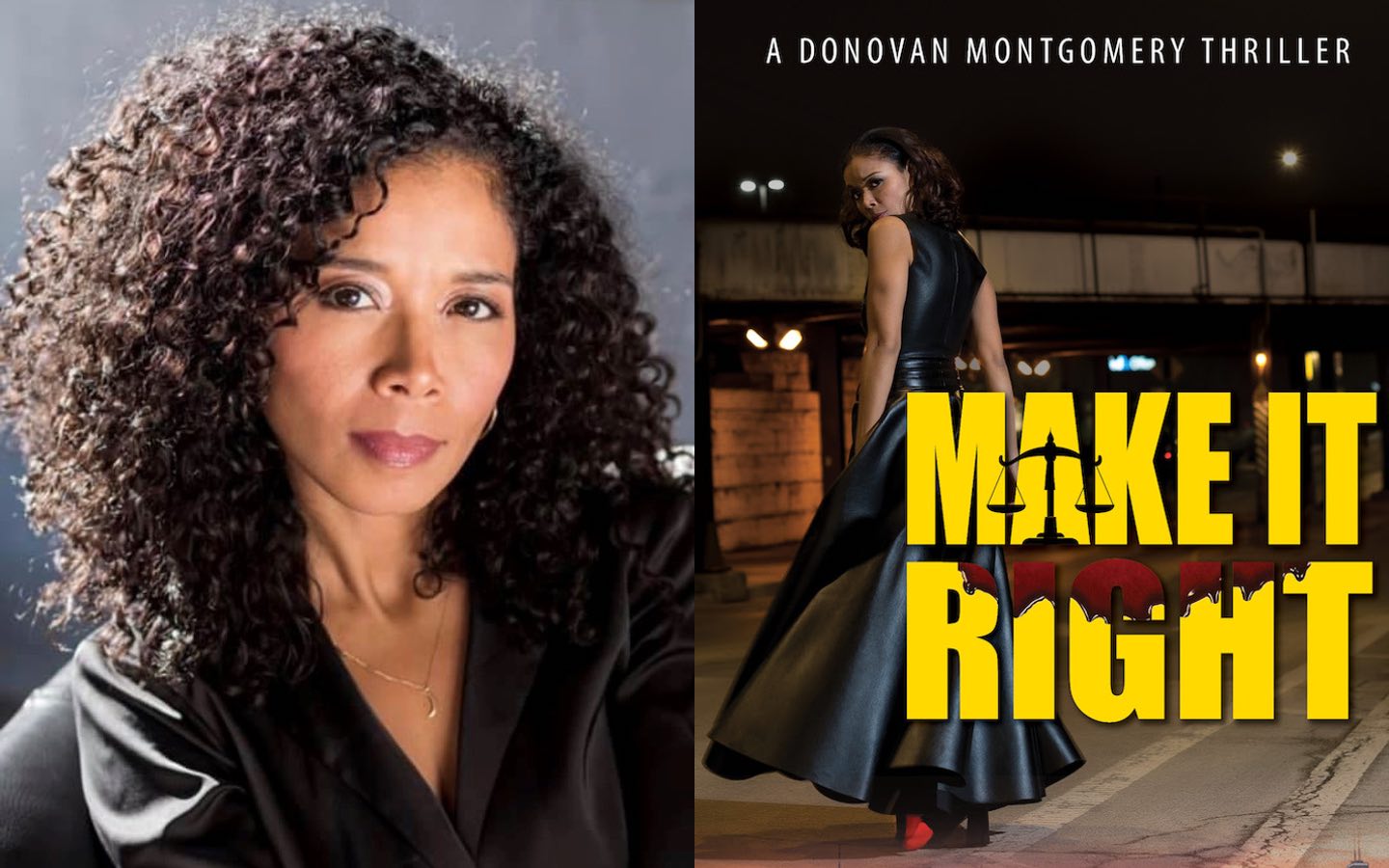
Dr. Donovan Montgomery, the star of Willie Mae Jackson’s debut novel, is a high-profile forensic expert who stalks through Chicago in pursuit of justice. It turns out that the tough-as-nails heroine has much in common with her author.
Willie Mae Jackson graduated from Roosevelt University with her master’s in clinical psychology before earning her MD. As a forensic psychiatrist, like her fictional character, she works at the intersection of mental health and the legal system. During criminal trials, she testifies in court to determine if defendants are fit to stand trial and can understand their Miranda rights. Jackson also practices as an adult psychiatrist and forges trusting relationships with patients in the community.
Both Jackson and her character share a drive to make it right when it comes to mental health, resources and Chicago.
Jackson spoke to Roosevelt about social justice and what inspired her to become a psychiatrist.
On choosing a master’s program
I chose Roosevelt University for my clinical psychology master’s degree both for reputation and location.
Being in Chicago gave me access to influential leaders at seminars and lectures. I loved that at Roosevelt, there was so much to learn from scholars and professors in different specialties. Everyone was always inviting, and there was always something exciting going on in the evenings.
On how Roosevelt prepared her for a career in forensic psychology
The Roosevelt University master’s in clinical psychology program gave me the opportunity to write psychological papers and apply my knowledge in a clinical and forensic setting.
There’s a true benefit to attending an urban university and having professors that are stellar in their careers. It allows you to not only read about various applications of clinical psychology, but also to experience it through their stories. I truly felt like a family with my Roosevelt university colleagues and faculty.
On access to mental health care as a social justice issue
I began to understand how an environment can impact mental health as a young child. I grew up in Chicago, in an area that had primarily been middle-class in the 50s and 60s but became a lower-class neighborhood by the time the 80s and 90s came around.
As a child, I saw many people struggle from financial hardship and addictions. This also changed how I saw African Americans who wanted to receive mental health services.
From feeling judged by providers to being misdiagnosed, African Americans have long been apprehensive about seeking mental health services — which, of course, does us a disservice in the community and creates a public health issue.
As an African American woman, this also motivated me to pursue a field and a specialty where I could really contribute. Being a product of an urban environment allows me to understand the cultural sensibilities of individuals experiencing different adversities.
I’ve always served in urban areas, but I also worked in underserved rural areas throughout Kentucky. I was a part of many organizations, like the American Psychiatric Association and the American Medical Association, whose main goal was to improve access to mental health and reduce the stigma of mental illness.